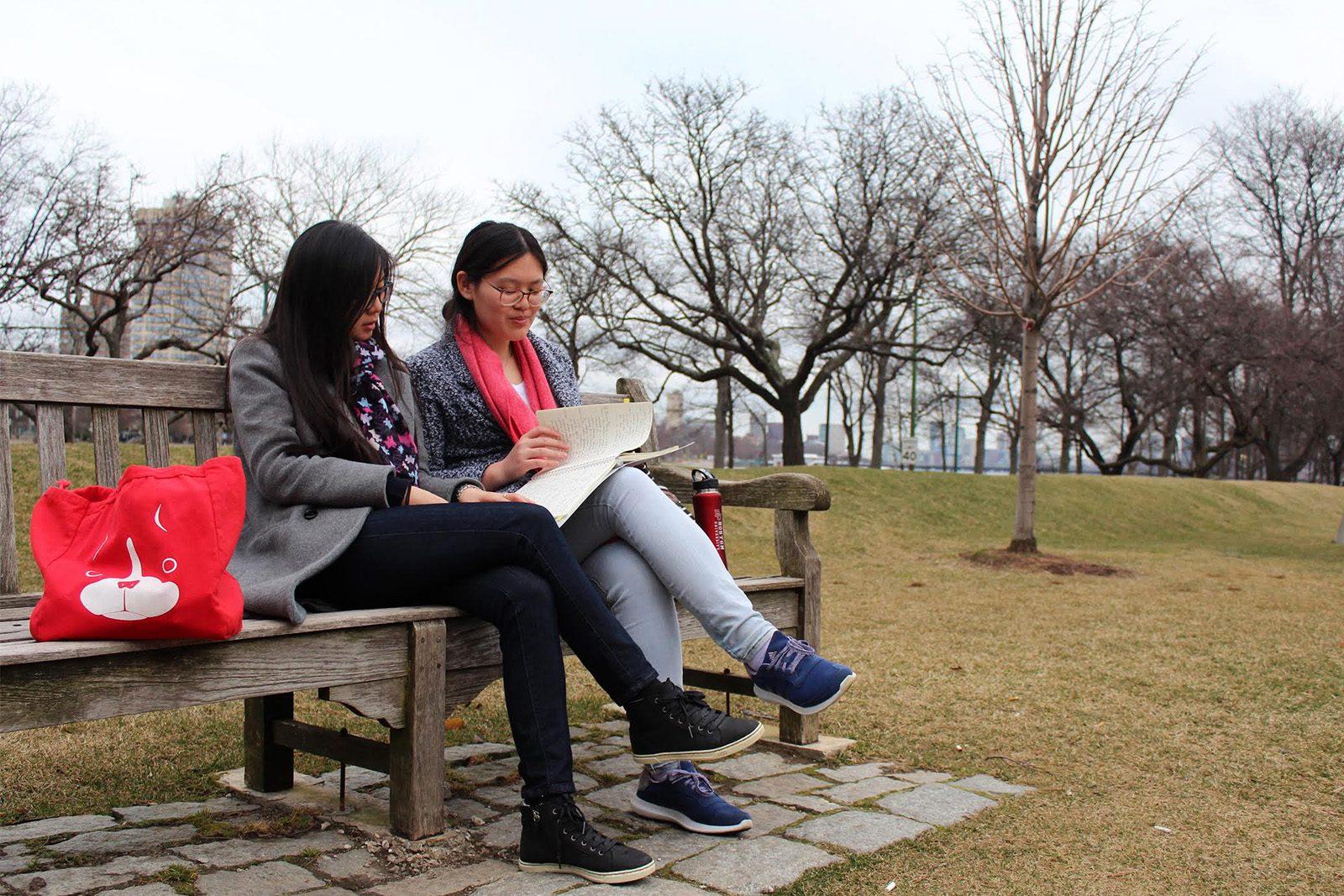Bostonians observed on Friday that the city’s temperature reached a new record high temperature of 73 degrees, making it the hottest days in February since records began in 1872, according to the U.S. National Weather Service.
Temperatures have been above average in southern New England, and Boston is on track to have its fifth warmest winter ever, the U.S. National Weather Service reported.
WBUR meteorologist David Epstein said three days of unseasonable weather cannot be directly attributed to global warming, but the odds of this abnormal weather are increasing.
“From my standpoint, high pressure off the coast is pumping in abnormally warm humid air into New England,” Epstein said. “We’ve seen record high temperatures three days in a row all due to abnormally strong southwest flow of mild west air.”
The sudden changes in weather can create problems with plants, bring ticks out early and cause other disruptions, Epstein said.
The weather is a daily observation, but climate is what occurs over decades, Epstein said.
“If we had a warm February for decades, then that would become a warm winter for us, and would become more of a concern,” Epstein said.
Epstein emphasized that the state of the climate overall is the big picture idea to focus on, not just specific observable weather conditions.
Mike Prokosch, a board member and volunteer for the Boston Climate Action Network, said although the increase in weather temperature cannot be linked specifically to climate change, this weather is cause for concern because scientists agree there will be more abnormal weather patterns as the Earth heats up.
“This is a massive concern for Boston,” Prokosch said. “We are particularly vulnerable to climate change. We will not only see a sea rise, but also coastal flooding, flooding on the interior of the city and extreme heat during the summer.”
Prokosch expressed other concerns related to the rising temperature, saying the forecasted extreme heat during the summer will have adverse effects on vulnerable communities.
“It is predicted that we will have 90 days of over 90 degrees of heat,” Prokosch said. “People who are vulnerable — kids, low-income, elderly — people who can’t get anywhere to cool off, will suffer.”
Prokosch said his organization is currently focusing on cutting greenhouse gas emissions and has recently finished a gas leak cutting campaign.
“Our new campaign is to make renewable energy for everybody in Boston, even if you can’t afford a solar panel,” Prokosch said. “We are working with the Green Justice Coalition, [which is] strong groups led by people of color who don’t focus on climate but are profoundly affected by the environment.”
Kevin O’Brien, the outreach coordinator for the Massachusetts Sierra Club, the local chapter of a national environmental protection organization, said the recent warm weather is not a significant problem in terms of the environment.
“Wildlife might get active a little earlier, but it doesn’t cause major concern or a sudden direct effect on the environment,” O’Brien said.
O’Brien said the random high temperatures should not be taken as an alarm, but echoed Epstein’s statements that the overall trend of unseasonable weather is more of a concern.
“We live in New England,” O’Brien said. “Snowstorms in April are not new, and warm weather in February is not unusual.”
To address these concerns, the city has started an ongoing initiative in 2016 called “Climate Ready Boston,” to prepare the city for the future impacts of climate change, according to the City of Boston website.
The newest initiative focuses on potential climate projections, vulnerability assessments around different boroughs of the city, and an outline of actions and road maps for residents, according to the site.
Several Boston residents, such as Lela Neal, 63, of Allston, said the warm weather was not a concern for her. Instead, Neal said she enjoys the weather because it reminds her of her hometown.
“I’m from Denver, Colorado and this is what the weather is like there in February,” Neal said. “I don’t really think of the weather as a concerning thing. When I get warm weather, I usually just enjoy it.”
Several others, such as Sara Clamage, 24, of East Boston, said the recent weather changes were worrisome because past Boston winters have been significantly colder.
“It’s weird but not necessarily uncommon for Boston to have extreme weather changes,” Clamage said. “I do think that it is frightening to some extent, I mean, two years ago we had extreme winters, and now we barely get any snow.”
Tao Liu, 30, of Brighton, said although he is new to Boston, the weather seems unusual.
“It is a little suspicious, because my friends say that it was not like this the last two years,” Liu said. “It’s … unusually warm for this time in February.”





















































































































